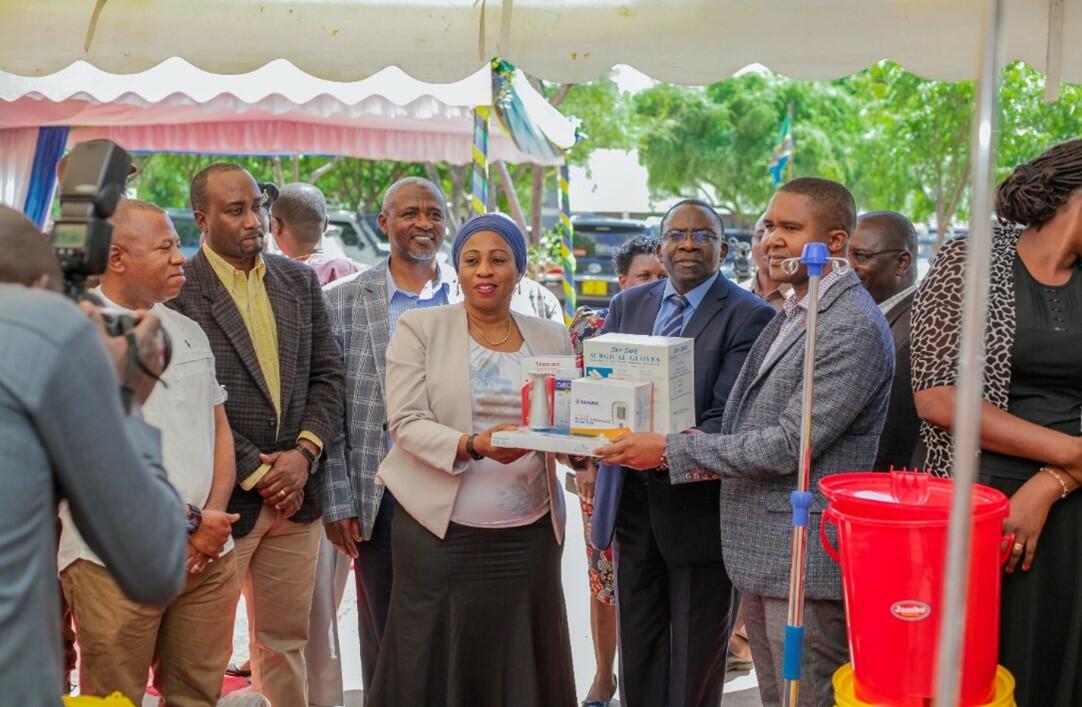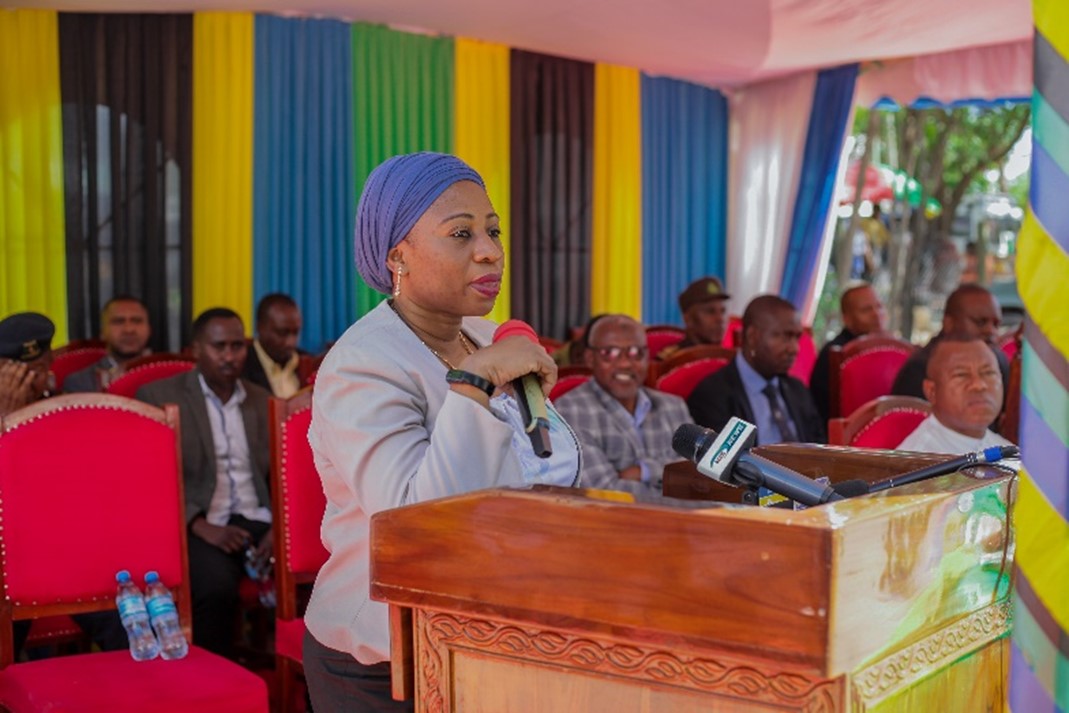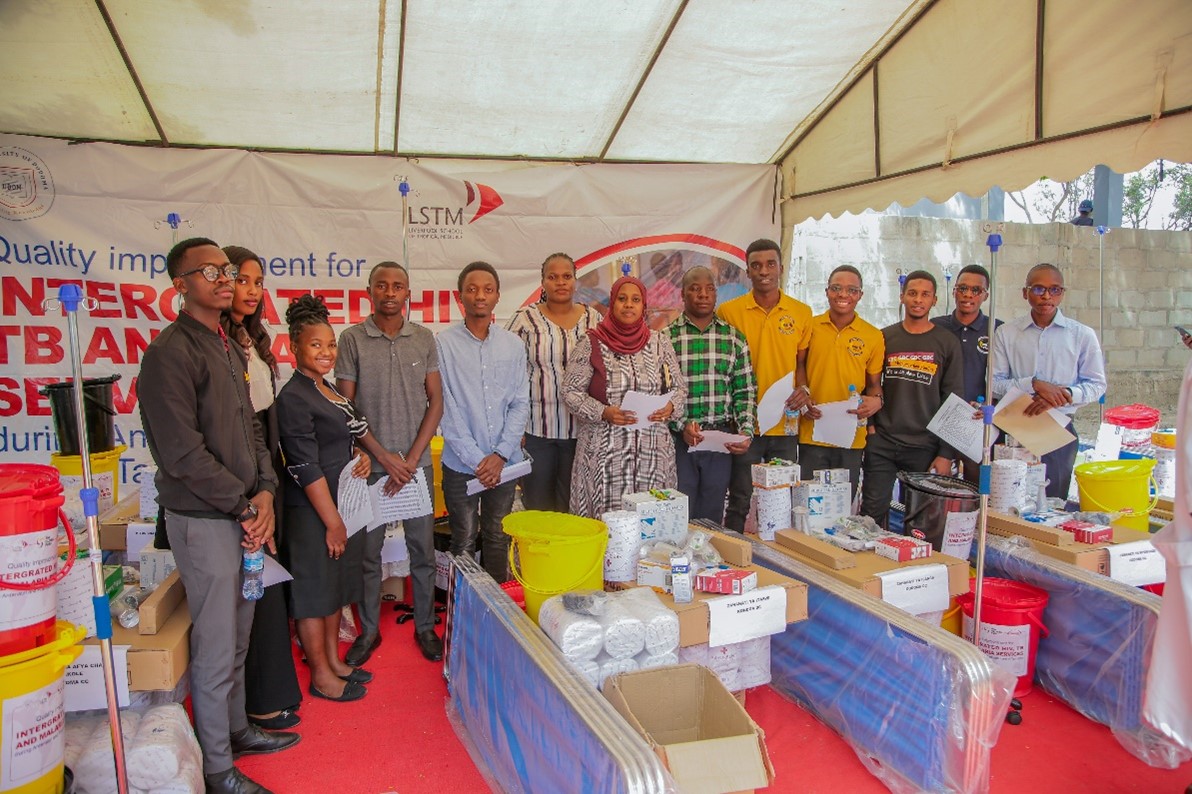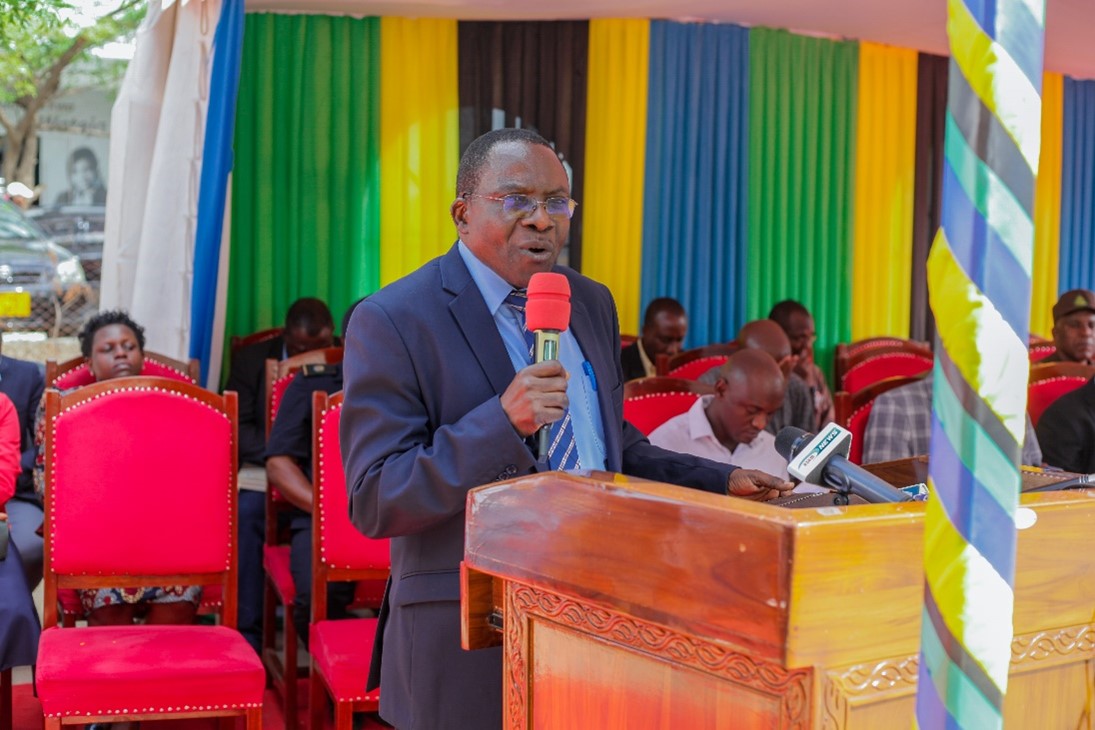
In 2022, Tanzania achieved an extraordinary milestone, a testament to the power of pulling together to strengthen the health system. A remarkable 80% reduction in its maternal mortality rate was recorded, a beacon of hope for the countless mothers and children who stand to benefit from enhanced medical care. As highlighted by the Tanzania Demographic Health Survey (2022), maternal mortality plummeted from 556 deaths per 100,000 live births in 2015/2016 to 104 per 100,000 in 2021/2022. This significant achievement brings Tanzania closer to the Sustainable Development Goal (SDG) targets, aiming to reduce global maternal mortality to less than 70 per 100,000 live births by 2030.
Despite these advancements, the journey towards improved maternal and child health continues. Recognising the need for sustained efforts, the University of Dodoma (UDOM) and the Liverpool School of Tropical Medicine (LSTM) have spearheaded a transformative project. Funded by Takeda’s Global CSR program through the Global Fund, the ‘Quality Improvement of Integrated HIV, TB, and Malaria Services in Antenatal and Postnatal Care’ project aims to further enhance maternal and child health outcomes across 20 health facilities in Dodoma, Tanzania.
In a significant step on this ongoing journey, the project handed over a substantial donation of essential medical equipment valued at $17,586.52. This event, held at Makole Health Centre in Dodoma on May 2, 2023, and officiated by the Minister of Health in Tanzania, Hon. Ummy Mwalimu, marked an important moment in the quest to provide quality health services to mothers and their newborns.

Lifesaving Equipment: A New Dawn for Mothers and Babies
The anticipation was palpable at the Makole Health Centre as healthcare providers from 20 health facilities gathered to receive the much-needed medical equipment. Among the crowd was Maria, a midwife from a dispensary in Chamwino District, who could barely contain her excitement.
"This equipment will change lives," she said, her eyes shining with hope. "For years, we have struggled to provide adequate care with limited resources. Today, I see a brighter future for the mothers and babies in our community."
The donated equipment, meticulously selected based on each facility's needs, included tools for urine analysis, blood pressure monitoring, blood level assessments, and foetal heartbeat checks. These are not just instruments; they are lifelines. They enable healthcare providers to conduct essential tests free of charge, ensuring early detection of complications that could endanger both mother and child.
Maria recounted a recent case that still haunts her. A young expectant mother, Fatima, had come to the clinic with symptoms of preeclampsia. Without the necessary equipment, Maria and her team could only provide limited care. Tragically, the lives of both Fatima and her baby were lost due to complications that might have been preventable with timely intervention.
"With this equipment," Maria said softly, "we can prevent such tragedies. We can save lives."
The impact of these donations extends beyond the immediate health benefits. They symbolise hope, resilience, and a commitment to a better future. For healthcare providers like Maria, they are a reaffirmation of their critical role in the community. For the mothers who walk through their doors, there is a promise of safer pregnancies and healthier babies.

Building a Healthier Future Together
The success of this initiative hinges on the collaborative efforts of multiple stakeholders. The involvement of the Ministry of Health, academic institutions like UDOM, and international partners underscores the importance of a unified approach in tackling healthcare challenges. As the Tanzanian Minister of Health, Hon. Ummy Mwalimu, emphasised during the handover ceremony, the government remains committed to ensuring the availability of essential medicines and supporting healthcare providers in their mission to save lives.
"This is just the beginning," said Minister Mwalimu. "We must continue to work together, reflect on our practices, and uphold the highest standards of ethics and professionalism. Our goal is to provide 100% availability of crucial medicines, reduce maternal and neonatal mortality, and ultimately, achieve universal health coverage."
The Vice Chancellor of the University of Dodoma, Prof. Lughano Kusiluka, echoed these sentiments. He highlighted the university's responsibility to address the needs of the local community while contributing to national health improvements.
"Our presence here today signifies our commitment to public service and the well-being of the people of Dodoma," Prof. Kusiluka remarked. "Through education, research, and collaboration, we can make a tangible difference in the lives of Tanzanians."

One year later, the impact of the medical equipment donations is being felt across the 20 health facilities in Dodoma. Healthcare providers report increased confidence in their ability to manage complex cases and improve outcomes for their patients. Mothers-to-be, like Aisha, a resident of Bahi District, express their relief and gratitude.
"I feel safer knowing that the clinic has the tools to monitor my pregnancy and address any issues," Aisha shared. "It gives me peace of mind."
As Tanzania continues its journey towards meeting the SDG targets, the story of these donations serves as a powerful reminder of what can be achieved through collaboration, dedication, and a shared vision for a healthier future. The path ahead may be challenging, but with the support of committed stakeholders and the resilience of the healthcare community, there is every reason to be optimistic.
Compiled by: Lalashe Kiretun1, Leonard Katalambula2, Maria Rweyemamu3 & Mwajuma Mdoe4, Deogratius Bintabara5.
Editor: Anodi Kaihula6, Janice Njoroge7, Felicia Ohl8
1 Project Coordinator - The University of Dodoma, Department of Public Health
2 PI - The University of Dodoma, Department of Public Health
3 CO-PI - The University of Dodoma, Department of Obstetrics and Gynecology
5 CO-PI -The University of Dodoma, Department of Clinical Nursing
4 CO-PI - The University of Dodoma, Department of Community Medicine
6 Project Media Communication/Manager - Tanzania Health Summit
7 Development Communications Specialist, Mint Strategic Communications
8 Programme Coordinator - Emergency Obstetric & Quality of Care Unit, LSTM